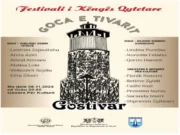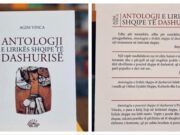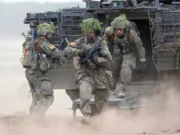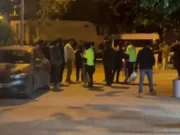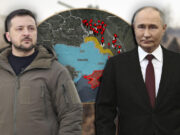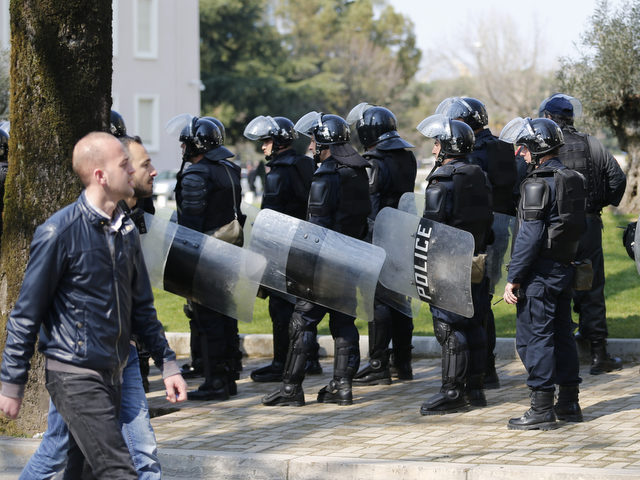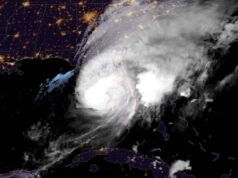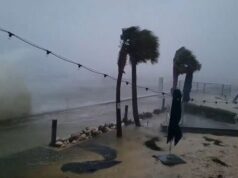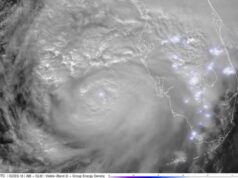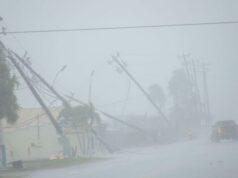The killing of a Greek-Albanian gunman by Albanian police has caused new tensions between the two countries and sparked allegations that the officers overreacted.
Two violent incidents have been recorded in Greece allegedly linked to the killing of an ethnic Greek, Kostandinos Kacifa, who was shot dead by Albanian police at the weekend.
In the first, a group of Albanians and Greeks clashed in Athens on Monday, while in the early hours of Tuesday, a shop in the Greek capital serving as a travel agency for Albania was attacked with home-made firebombs, Albanian and Greek media reported.
Kacifa was shot after he allegedly opened fire on Albanian police with a Kalashnikov on Sunday in the southern village of Bularat near the border with Greece.
The ethnic Greek-populated village was celebrating Oxi Day, a major Greek holiday commemorating the start of the Italo-Greek war in 1940, at the time.
The Greek Ministry of Foreign Affairs summoned the Albanian ambassador to Athens to complain on Monday, while various Greek organisations protested that the killing was unnecessary.
Vangjel Dule, a political representative of the Greek minority in Albania and an MP for the opposition, called the Albanian police’s conduct “unprofessional”.
Speaking to Albanian media, villagers from Bularat claimed that Kacifa had opened fire on an Albanian police car, but the fact that the car was empty when he fired the shots showed that he didn’t intend to kill anyone.
A video shot with a mobile phone from the village club showed Kacifa running with a Kalashnikov and firing several shots in an unclear direction.
The killing of Kacifa, who was a citizen of both Greece and Albania, was one of the worst incidents in decades affecting relations between Albanians and the country’s ethnic Greek minority.
Albania and Greece have a friendship agreement and about 600,000 Albanians have emigrated to Greece over the last three decades.
However the two governments have struggled to overcome several issues, including the rights of Albanians expelled by Greek nationalists at the end of the World War II, known as the Cham issue, and the rights of the Greek minority living in Albania.
Attempting to overcome these issues, Albania agreed in 2016 to allow Greece to build cemeteries on Albanian territory for its soldiers who died in the country in World War II, and approved a new law on minority rights which made Greek a second official language in municipalities in which the Greek minority has a presence of more than 20 per cent.
However, Greece refuses to acknowledge the Cham issue, while negotiations for the delimitation of the maritime border between the two countries are currently deadlocked./BIRN


